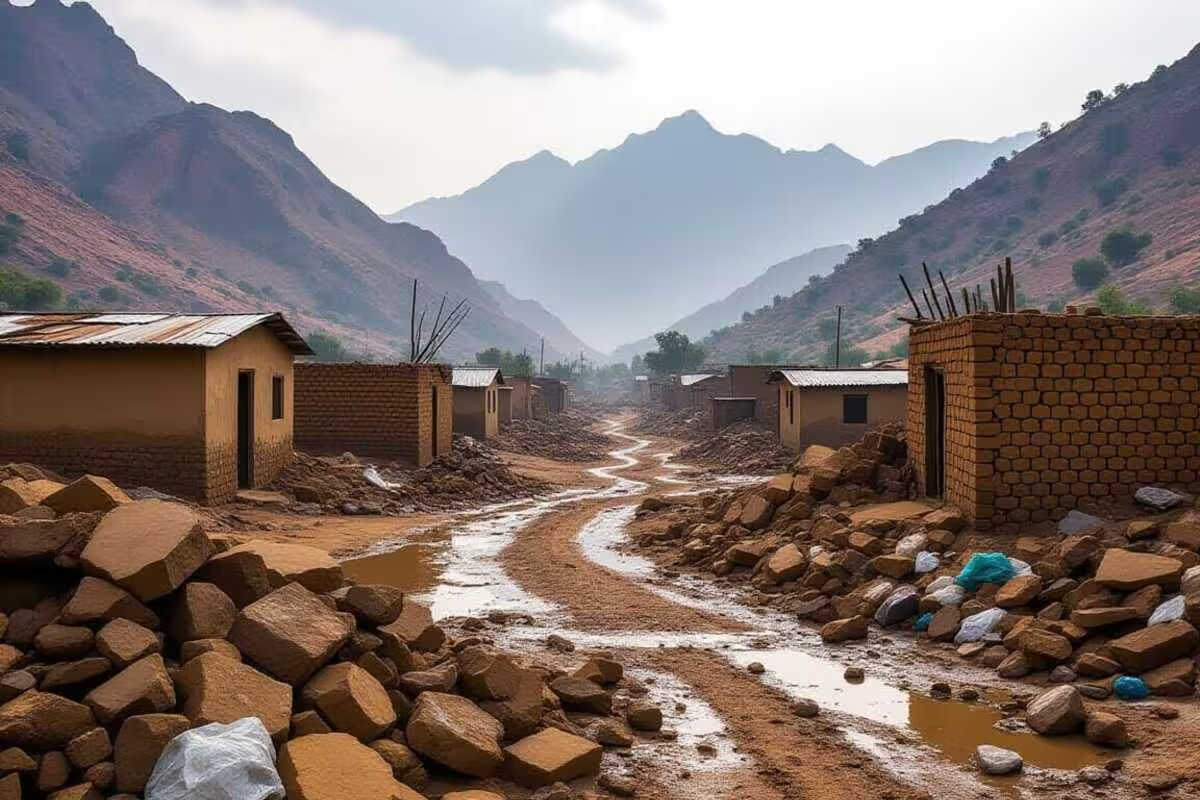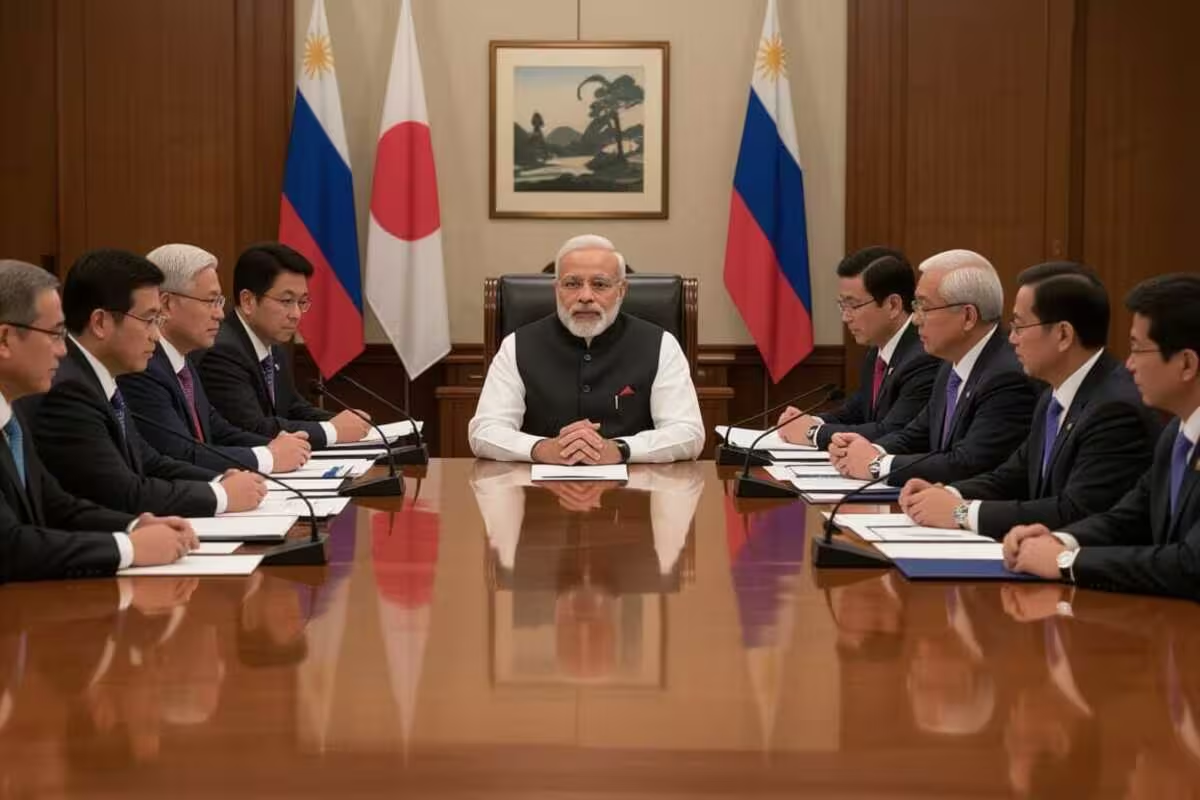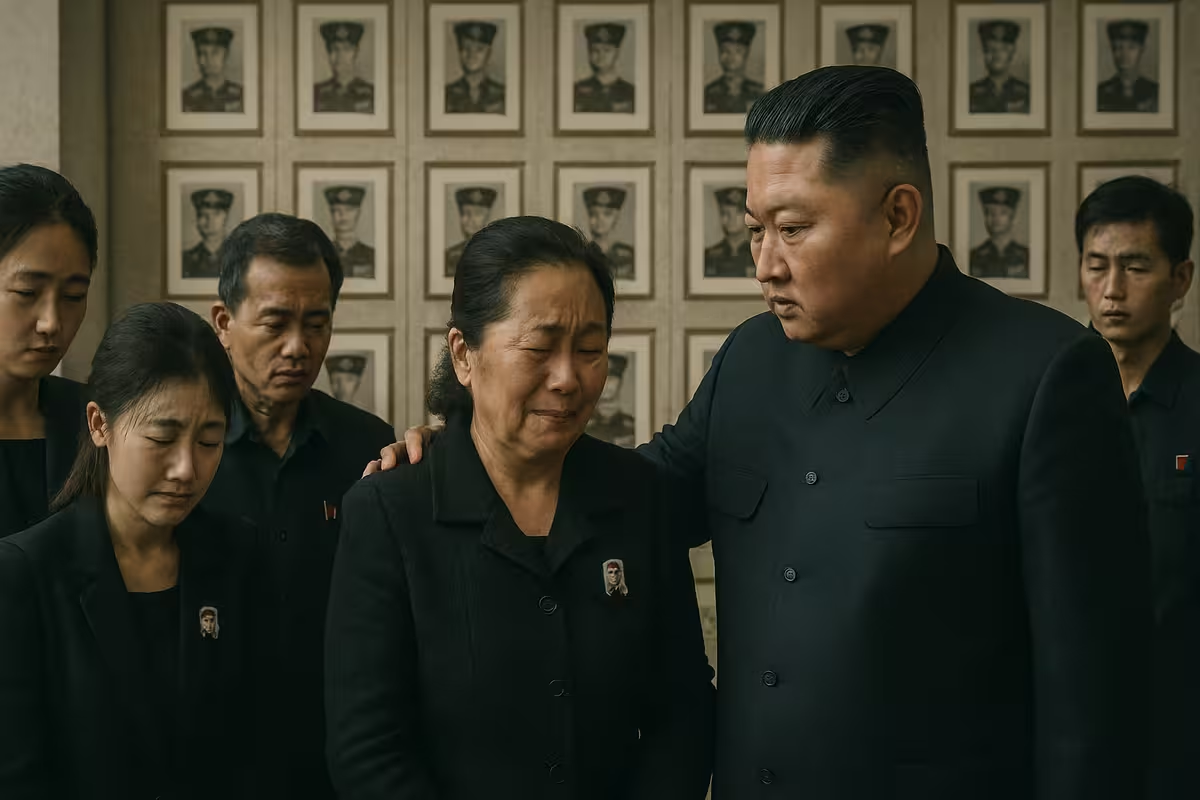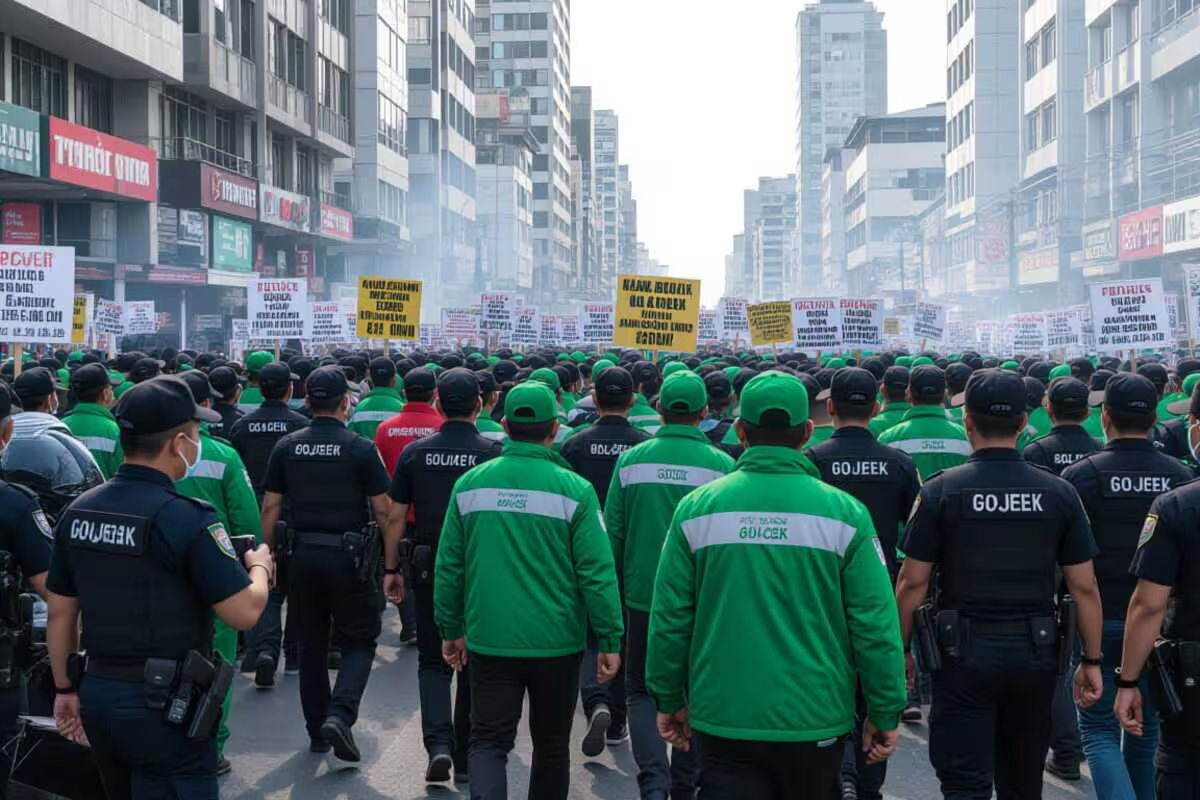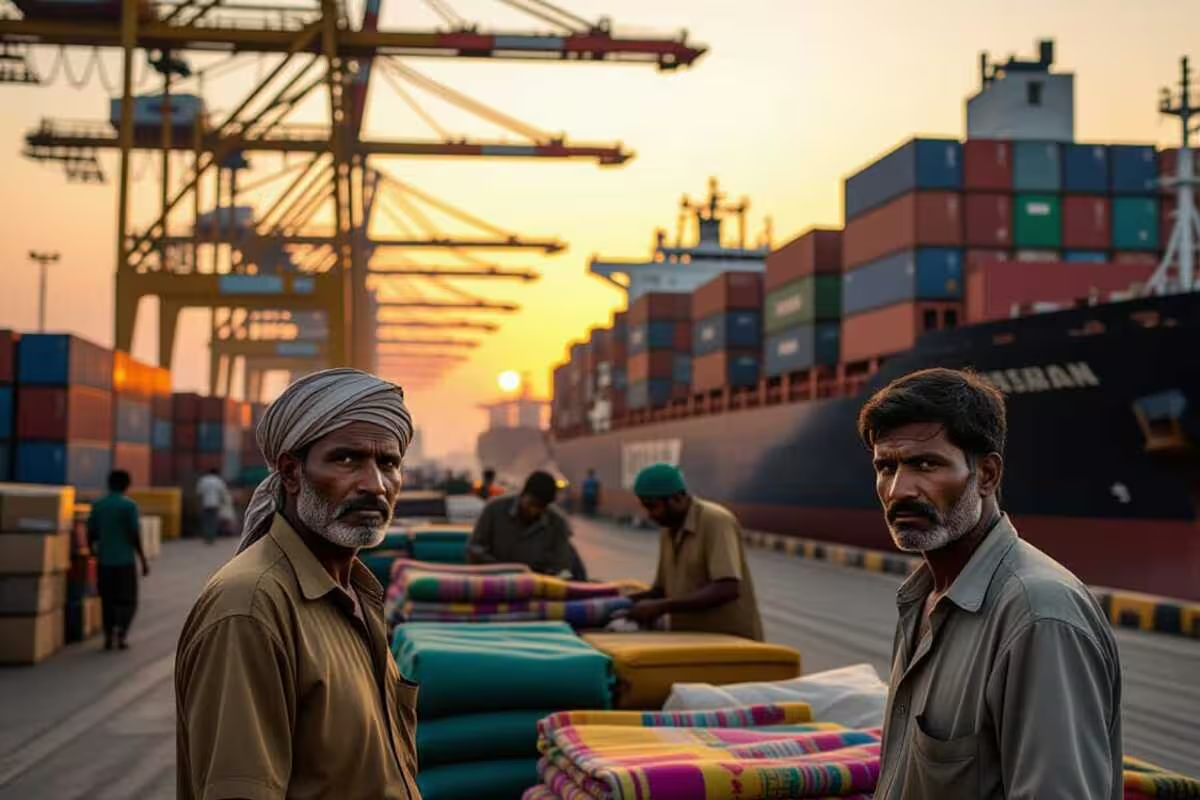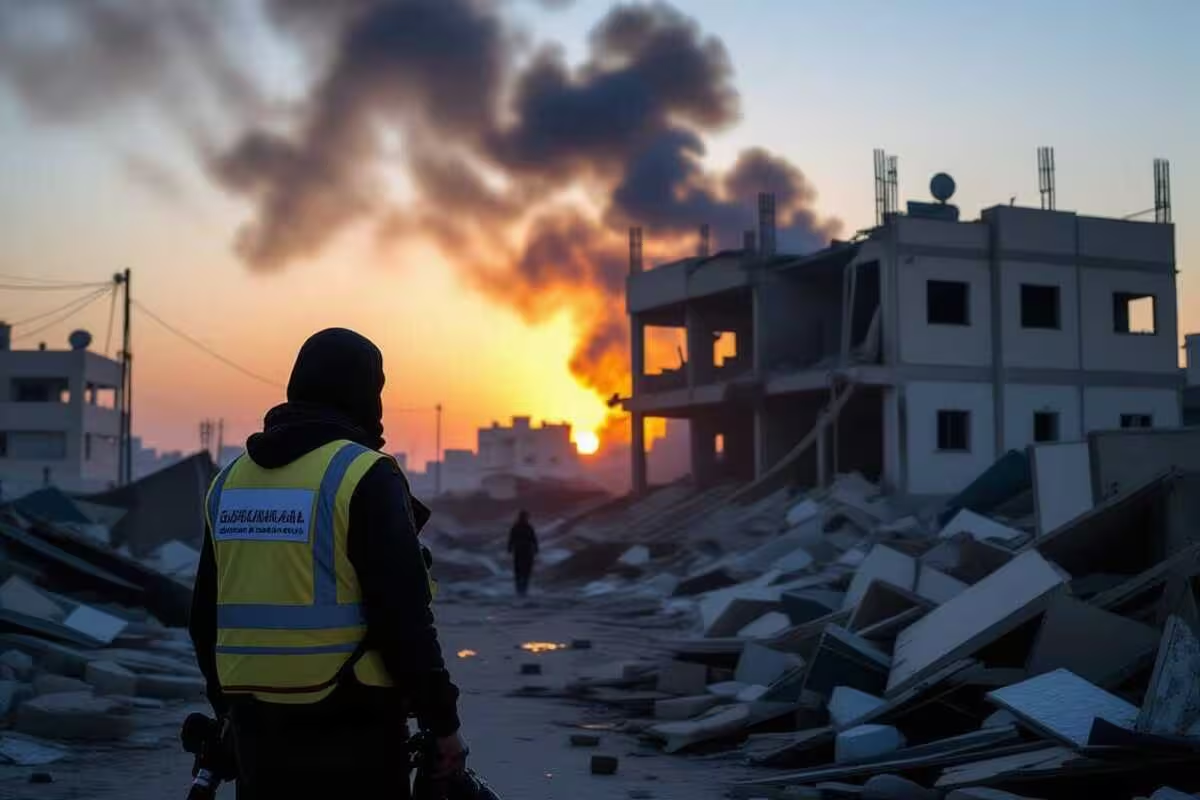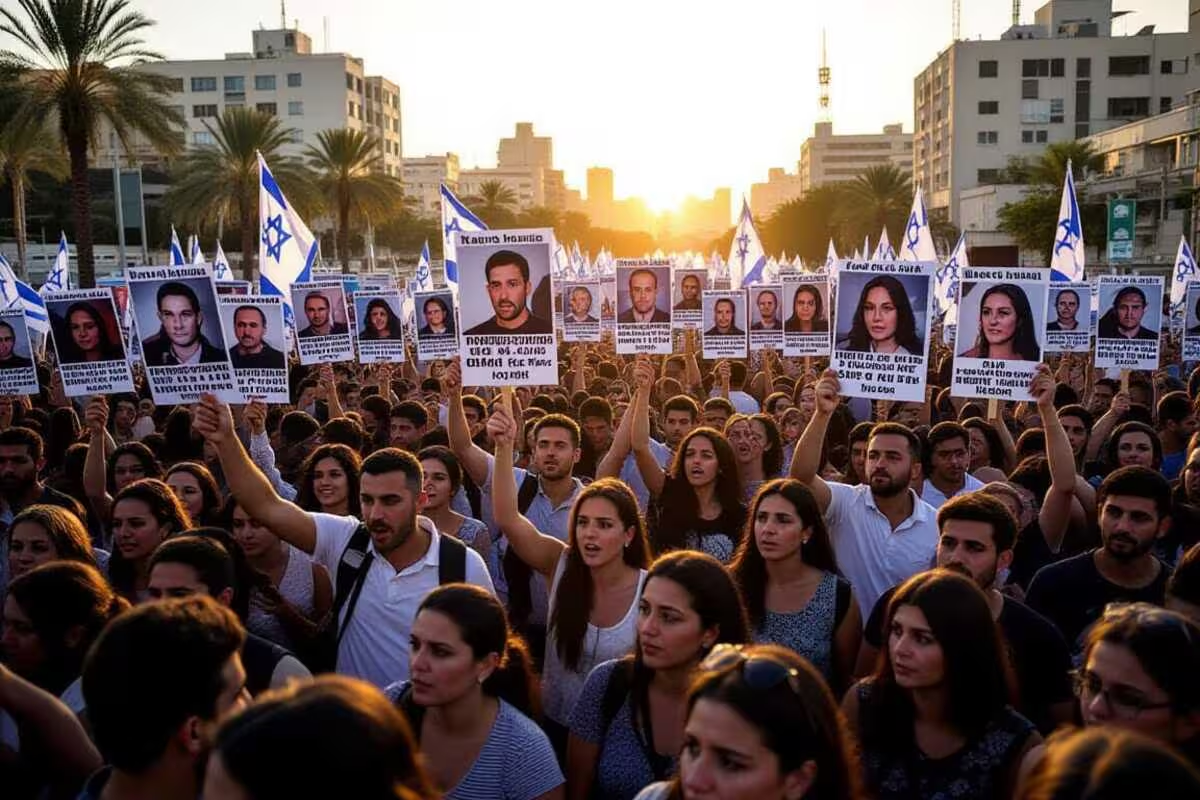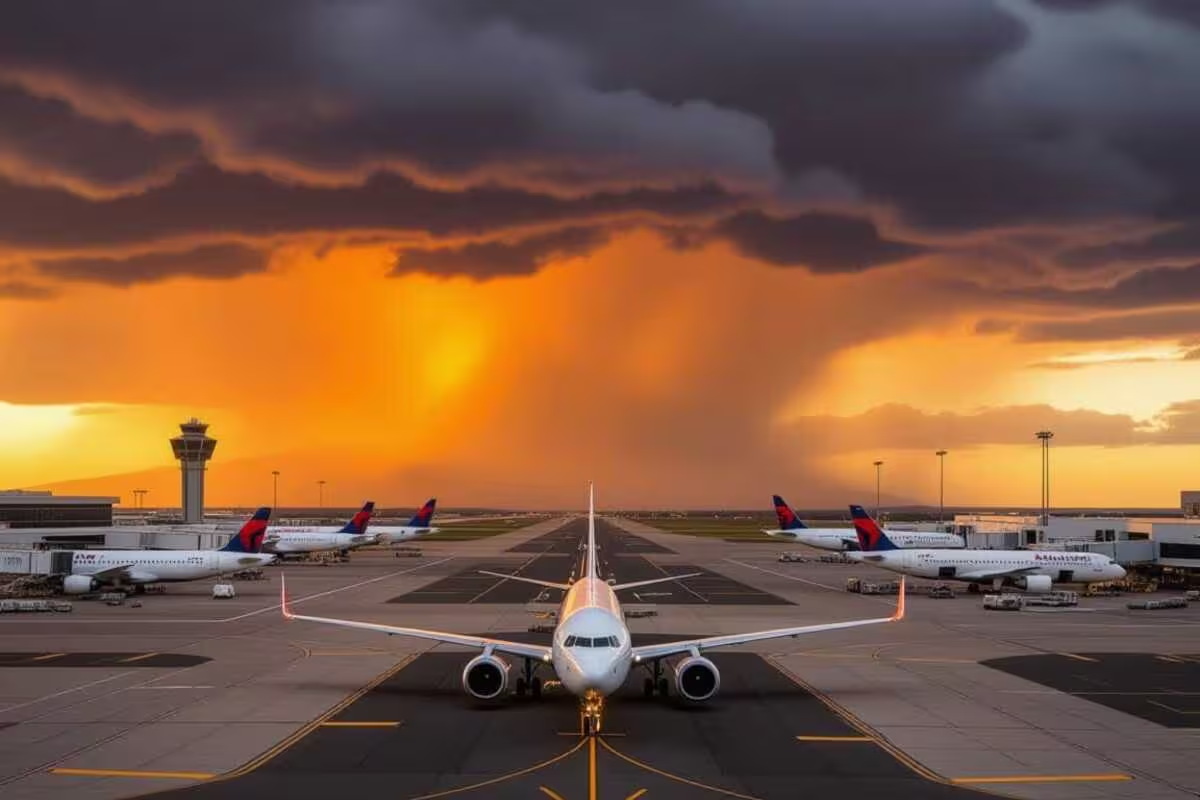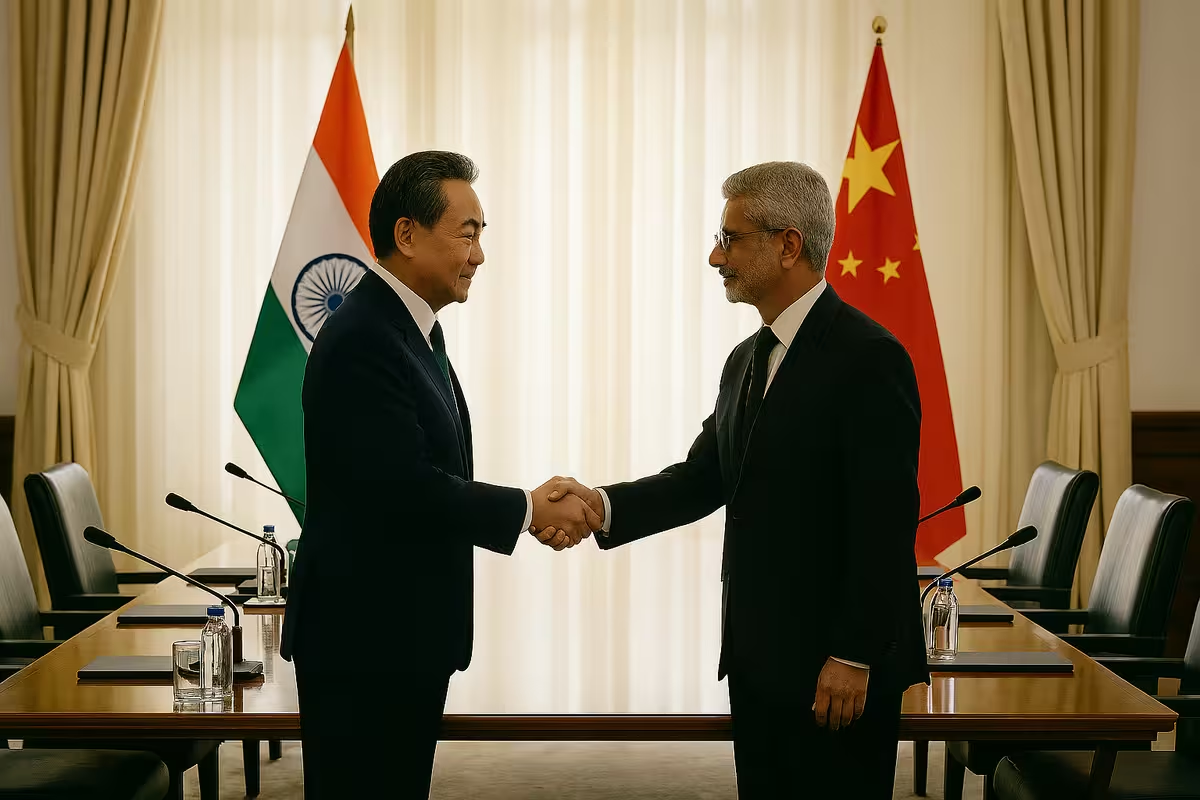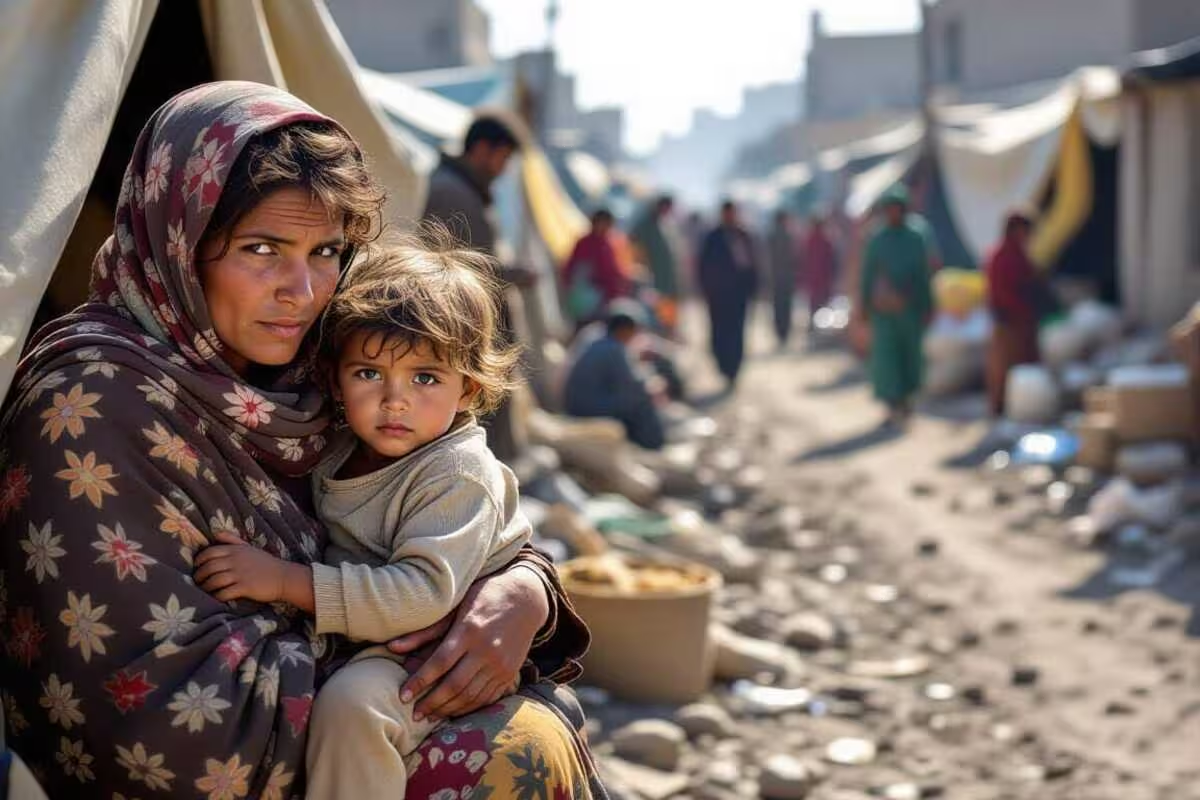India and Canada to Send Back High Commissioners, Signaling the Thaw in Diplomatic Relations.
KANANASKIS, Canada – June 18, 2025-India and Canada have consented to restore one another’s high commissioners in what turns out to be a significant breakthrough diplomatically and a key step in the normalization of bilateral relations that have been severely tested over the past months. This was agreed after a “positive and constructive” meeting between Indian Prime Minister Narendra Modi and Canadian equivalent Mark Carney on Tuesday, June 17, 2025, at the sidelines of the G7 Summit in Kananaskis, Alberta, Canada.
Event Chronicle & Context
This move is the very first tangible sign in what both nations termed “calibrated steps” towards normalizing what has been “a very important relationship.” It follows a period in which the two countries went through a series of severe retaliatory steps, including each country’s expulsion of diplomats and a major cut in the number of diplomats in each other’s capitals.
The lapidary frost between India and Canada reached its nadir in September 2023 when the then Canadian premier, Justin Trudeau, publicly charged agents of the Government of India with a potential involvement in the assassination of Hardeep Singh Nijjar, a prominent Sikh separatist leader and Canadian citizen, whose murder was committed in Surrey, British Columbia, in June of 2023. This India flatly denied as “absurd and motivated” and accused Canada of housing extremist forces. In the next moment, India gave a recall order to its High Commissioner Sanjay Kumar Verma and five other diplomats while Canada expelled an equal number of Indian diplomats. This was a huge cut in consular services and all ongoing trade negotiations had come to a halt.
Key Figures and Official Statements
The critical agreement was forged in the course of the bilateral meeting between Prime Minister Narendra Modi and Prime Minister Mark Carney of Canada. Carney took up this office in March 2025, replacing Justin Trudeau.
Following the meeting, India Foreign Secretary Vikram Misri briefed the media: “The Prime Ministers agreed to take calibrated steps to restore stability to this very important relationship, and the first of these steps that was agreed on was to restore High Commissioners to each other’s capitals at an early date. Other diplomatic steps will follow.” According to him, the discussion would highlight the importance of relations between India and Canada, beliefs that are built on linkages of democracy and law and people-to-people ties.
Message from the Canadian Prime Minister’s Office reiterated the importance of Canada-India relations, underpinned by mutual respect, the rule of law, and a commitment to the principles of sovereignty and territorial integrity. This confirmed that leaders “agreed to designate new high commissioners, with a view to returning to regular services to citizens and businesses in both countries.” Apparently, Prime Minister Carney also recognized the necessity to relate about “transnational crime and repression” and maintain the rules-based international order.
Expressing his views, Prime Minister Modi congratulated Prime Minister Carney for having successfully managed the G7 Summit and was optimistic that both of them would “achieve substantial progress together in several sectors.”
Impact and Implications
Reinstating high commissioners is essentially the first step in de-escalating and normalizing diplomatic functions. Immediate outcomes will include restored regular consular services made available to citizens and businesses in both nations that have considerably felt the impact of reduced diplomatic presence.
The long-term intention of that agreement is to rebuild trust and develop a more conducive environment for broader bilateral engagement. In addition to trade and people-to-people contact, they have set their sights on connectivity. There have been instructions from the leaders to restore stalled trade negotiations that have been on hold because of the diplomatic disagreement. That, in itself, can open up huge economic opportunities for both countries, given their $9 billion trade volume in 2023 and substantial commercial links. This means renewed focus in strategic cooperation, which would also entail collaboration in clean energy and clean technology, digital infrastructure, artificial intelligence, food security, and critical minerals.
Now, on to reactions, investigations, and outlooks.
The announcement is broadly considered by diplomatic circles as a positive gesture and de-escalation. Current priority is given to reinstating high commissioners and resuming essential diplomatic and trade dialogues while problems of substance remain unresolved, notably ongoing investigations regarding the killing of Hardeep Singh Nijjar.
PM Carney’s office inferred that he raised G7 agenda items relating to transnational crime and repression, security, and the rules-based order, with reference to the issues that caused the diplomatic spat. India has consistently urged Canada to take swift and effective legal action against anti-India elements operating from its soil.
The agreement is an expression of commitment from both sides to go forward on a calibrated basis, with the return of senior diplomats being the first formal gesture to renewed engagement. In the following steps, there will most likely be a physical return of the high commissioners and their staffs and gradually ramping up their diplomatic activities and re-establishing the various bilateral mechanisms. The revitalization of trade talks, which have stalled, will be an important indicator of how the renewed relationship will unfold on a longer trajectory.
Reported by: Herohind News Desk



